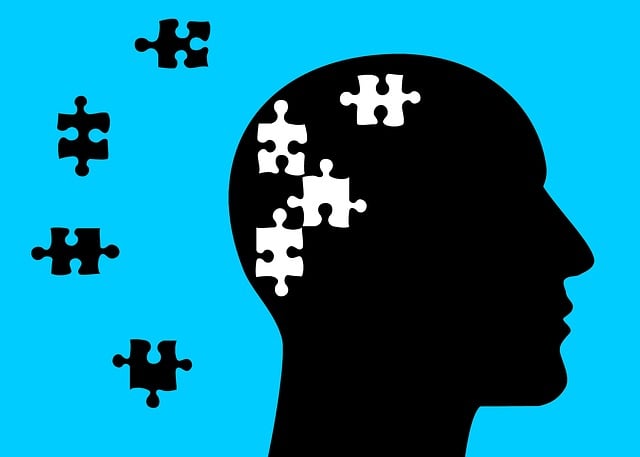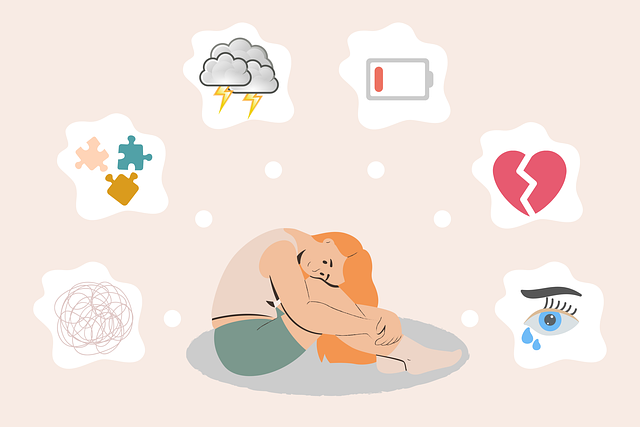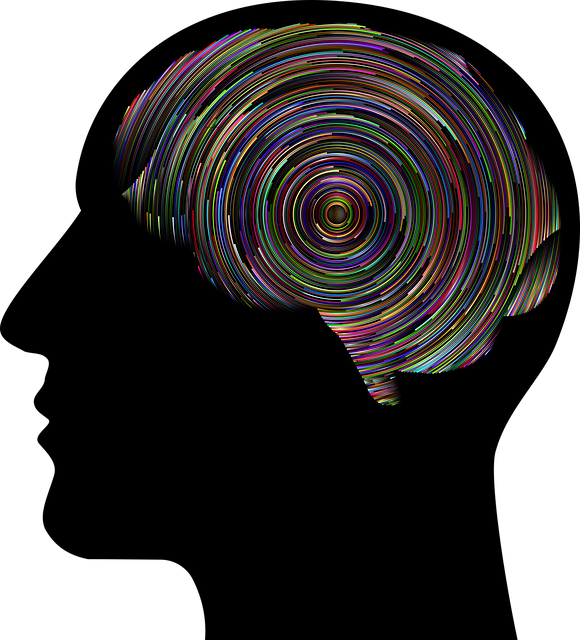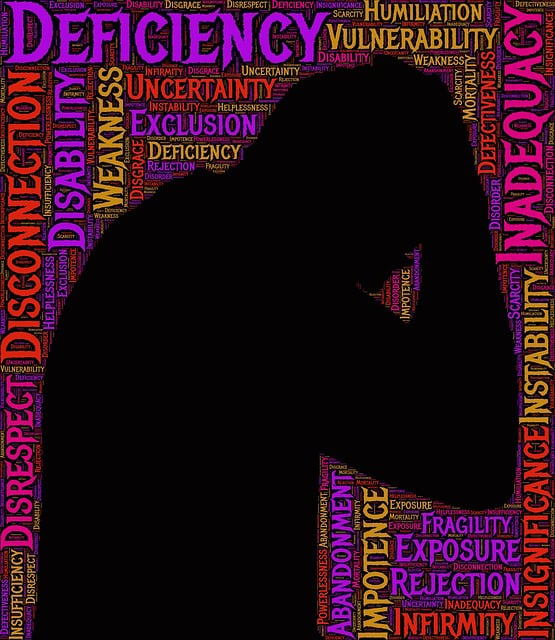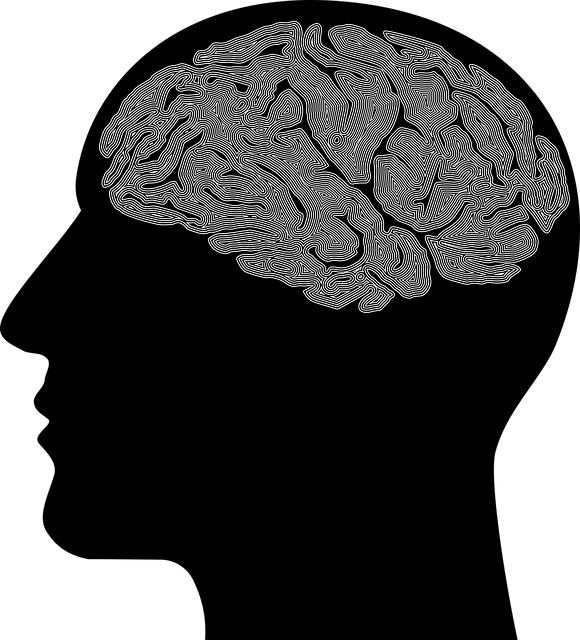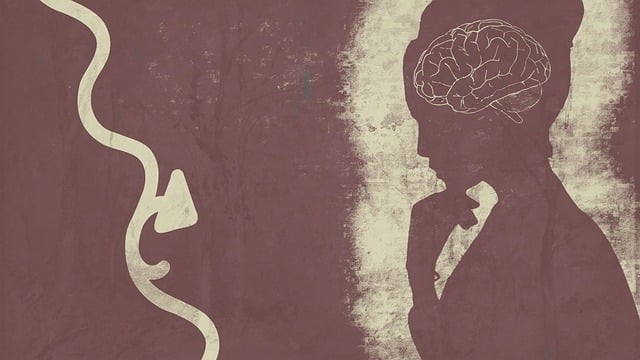Recognizing early signs of depression, such as persistent sadness, loss of interest, changes in appetite/sleep, fatigue, difficulty concentrating, and suicidal thoughts, is crucial for prevention. Golden Alcohol Abuse Therapy (GAAT), a revolutionary approach focusing on the emotional well-being–substance use connection, addresses underlying issues and promotes healthier coping mechanisms. Adopt a healthy lifestyle with regular exercise, balanced diet, strong social connections, and self-care practices for enhanced mental wellness, combining these changes with evidence-based treatments like GAAT for improved long-term resilience.
Depression is a prevalent condition, but prevention is key to managing mental health. This article explores powerful strategies to combat depression, offering insights into early detection methods and innovative therapies like Golden Alcohol Abuse Therapy, proven effective in treating co-occurring disorders. Additionally, we highlight the significance of lifestyle adjustments and support networks for long-term wellness. By integrating these approaches, individuals can enhance resilience and foster a healthier, happier life.
- Recognizing the Signs: Early Detection for Depression
- Golden Alcohol Abuse Therapy: A Promising Approach
- Lifestyle Changes and Support Systems for Long-Term Wellness
Recognizing the Signs: Early Detection for Depression

Recognizing the signs of depression early is a vital step in preventing its onset and managing symptoms effectively. Many individuals may experience subtle changes in their mood or behavior, which could be indicative of a deeper issue. It’s important to be aware of common indicators such as persistent feelings of sadness, loss of interest in activities once enjoyed, changes in appetite or sleep patterns, fatigue, difficulty concentrating, and recurrent thoughts of death or suicide. These signs can vary from person to person, so paying close attention to any unusual shifts in one’s mental state is crucial.
Early detection allows for timely intervention using various strategies like Golden Alcohol Abuse Therapy, which focuses on addressing underlying issues and promoting healthier coping mechanisms. Mind Over Matter principles emphasize the power of positive thinking and reframing negative thoughts, a valuable tool in depression prevention. Additionally, healthcare providers can implement burnout prevention strategies and stress reduction methods to support their well-being, as Burnout Prevention Strategies for Healthcare Providers highlights, thereby indirectly contributing to depression avoidance within their practice.
Golden Alcohol Abuse Therapy: A Promising Approach

Golden Alcohol Abuse Therapy (GAAT) is emerging as a promising approach within the realm of mental health awareness, offering novel strategies for depression prevention, especially in cases linked to alcohol abuse. This therapy goes beyond traditional methods by focusing on the intricate relationship between emotional well-being and substance use disorders. GAAT leverages various techniques, including conflict resolution skills and stress management workshops organized around empowering individuals to navigate their emotions effectively.
By integrating these tools, GAAT aims to help clients develop robust coping mechanisms, enhance self-awareness, and foster healthier relationships. The program’s holistic nature encourages participants to explore the underlying causes of their alcohol abuse, addressing both the mental health issues and the destructive patterns that may have developed over time. This comprehensive approach has shown promising results in helping individuals break free from the cycle of depression and substance abuse.
Lifestyle Changes and Support Systems for Long-Term Wellness

Adopting a healthy lifestyle is a powerful tool in the prevention and management of depression. Regular exercise, for instance, releases endorphins that can boost mood and reduce stress. Aiming for at least 30 minutes of physical activity most days of the week can make a significant difference. Additionally, cultivating a balanced diet rich in fruits, vegetables, whole grains, and lean proteins supports overall mental health.
Building and maintaining strong support systems are equally vital. Social connections provide a sense of belonging and purpose. Engaging in open conversations about mental health with trusted friends or family members can help reduce the stigma surrounding depression. Consider joining support groups where you can share experiences and gain insights from others facing similar challenges. Combining these lifestyle changes with evidence-based treatments like Golden Alcohol Abuse Therapy, coupled with consistent self-care practices such as journaling for mental wellness, can contribute to long-term resilience and improved mental health.
Depression prevention is a multifaceted approach, and integrating strategies from early detection to lifestyle changes can significantly enhance mental well-being. Among the discussed methods, Golden Alcohol Abuse Therapy emerges as a promising treatment for those struggling with both depression and alcohol dependency. By addressing co-occurring disorders, this therapy offers a holistic path to recovery. Lifestyle modifications, including regular exercise and healthy eating, coupled with robust support systems, contribute to long-term mental resilience. Combining these strategies can empower individuals to proactively manage their mental health and lead fulfilling lives.



